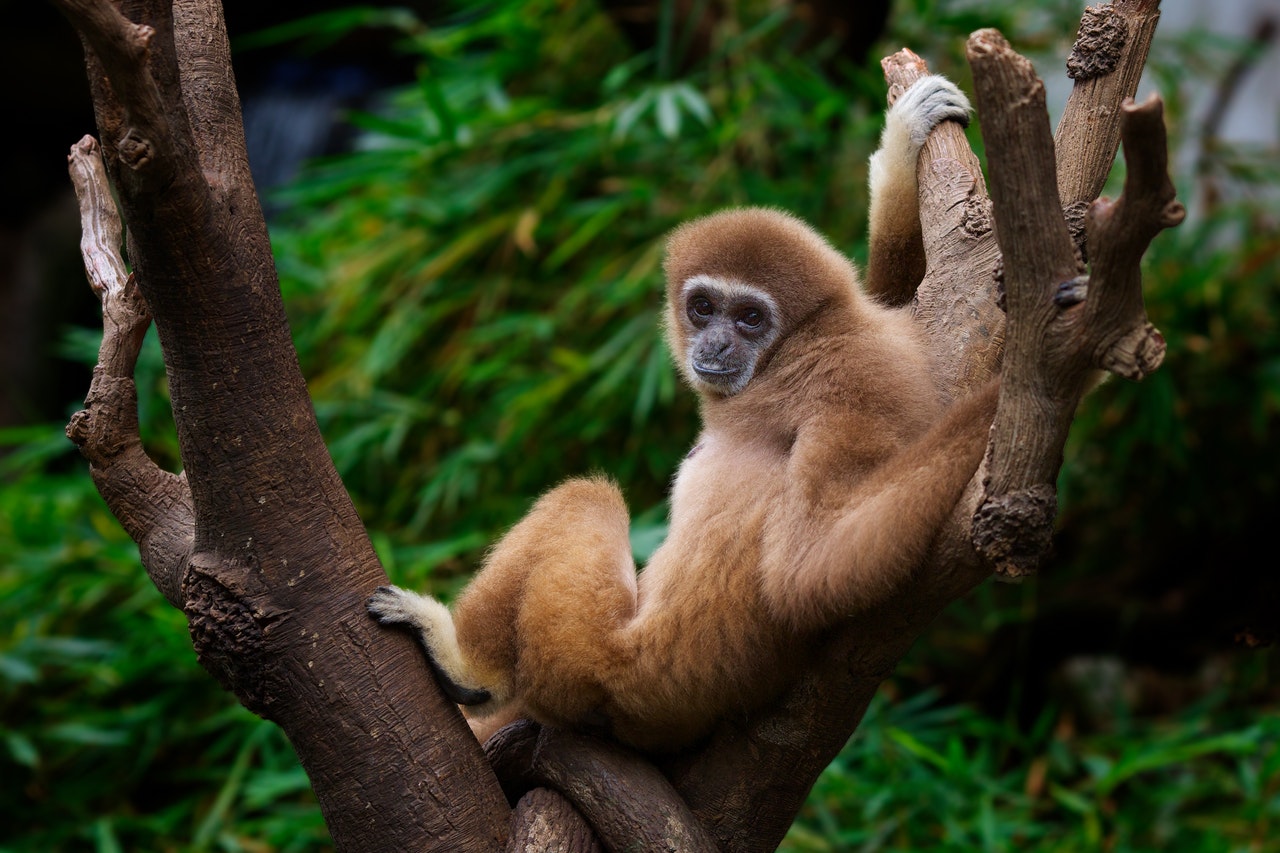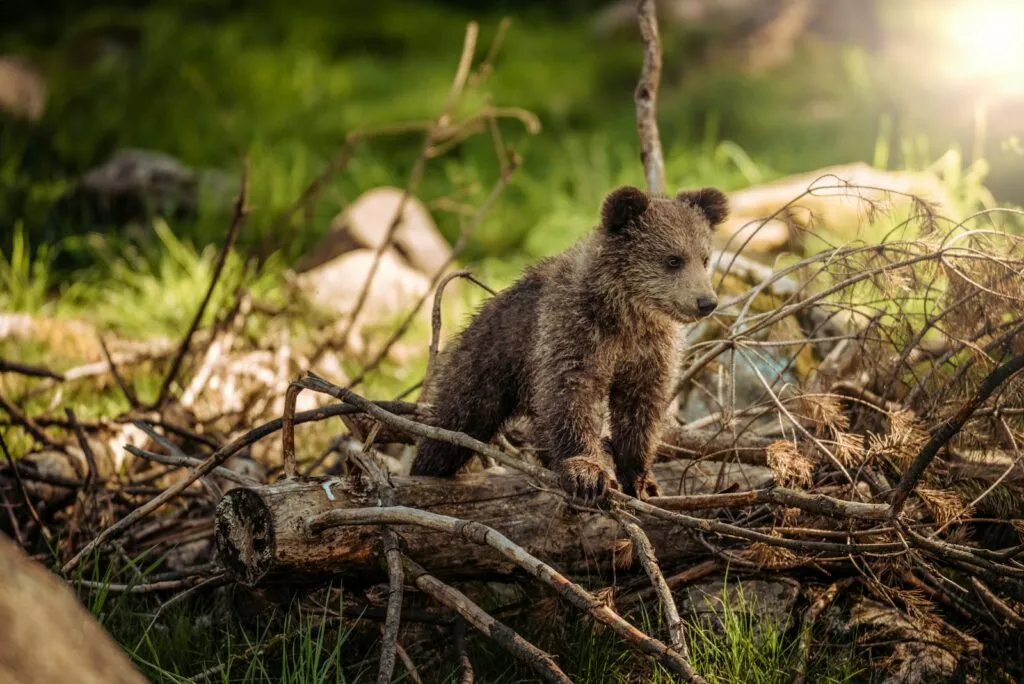We brought you news of how social media platform Instagram was bringing awareness to global animal abuse through a hashtag and search augmentation that alerts the searcher to the worldwide plague of illegal animal trafficking.
Now Shutterstock is joining the fray in the fight for the rights of animals. The media group, one of the world’s largest collections of photography and media on the Internet, announced a ban on all “unnatural” photos of apes and monkeys on its site.
Citing an appeal by animal-rights group People for the Ethical Treatment of Animals (PETA), Shutterstock argued that the move came in part because stock photos involving apes and monkeys in “unnatural” poses and scenarios is often the byproduct of some form of animal abuse.
Further, the website says such exploitation hampers ape and monkey conservation efforts. The need to have monkeys on demand also contributes to international animal trafficking, many of whom are taken from their natural habitats to be sold in black markets, all without regard for the animal’s welfare or conservation status.

For its part, PETA added that the oft-misinterpreted chimpanzee “grin” is actually an expression of fear for the animal.
“Great apes used in these images are typically torn away from their mothers shortly after birth, causing lifelong psychological trauma to both mother and infant…When they reach adolescence, trainers often discard them in substandard facilities where they may be kept alone in small cages for decades.”
Shutterstock has announced the following scenarios as being “unnatural” according to PetaPixel, “wearing clothes or accessories, inside a human environment or studio (e.g. in a circus), exhibiting trained behavior (e.g. dancing), and engaging in unnatural interactions with humans (e.g. holding hands or being held).”
Photos that use digital modification to place apes and chimpanzees in the situation enumerated above are also banned from Shutterstock in both video and image format.
PetaPixel quotes PETA Primatologist Julia Gallucci says: “By banning unnatural images of exploited ape and monkey ‘actors,’ Shutterstock has made a huge difference for nonhuman primates, both those in the wild and those suffering in captivity…Ad agencies and film and television producers have already moved away from using these harmful images, and we hope other stock-photo providers follow Shutterstock’s lead.”





3 Comments
Well said. But maybe we/they should take it a little further. Maybe photos of other animals that are not taken in their physical environment should be banned also. As, for example, photos of cats or dogs in the arms of human or dressed with clothes, fish in aquarium, birds in caves, horses with saddles or being ridden… Just to name a few that grow also in captivity but we all are used to seeing them in captivity. All animals seem happy when they are born and grown up in captivity because “they believe” that their environment/housing is natural.
What about when pitbulls grin? Is it because they are about to enjoy biting you? That’s “natural”.
This article, about Shutterstock, and the recent announcement by Google that they’ve removed the tag “gorilla” from their photo app clearly demonstrates just how out-of-control and ridiculous political correctness has become.
First of all, photography is about art, and art is about expression. Moves by Shutterstock and Google ignore freedom of expression in order to worship at the alter of political correctness…thus making a political statement and value determination about what is “acceptable” art. This is the kind of nonsense you’d expect from communist or Nazi regimes, not 21st Century free society.
Second, this kind of trend reeks of censorship…something we should have left behind decades ago. In the best traditions of Orwell’s 1984, it attempts to mold “how we think” about things and establish “acceptable” thought and norms.
Overall, such actions represent a regressive, not progressive society. What comes next, banning the colors black or brown, for fear of offending someone? It’s time to get real, and bring some common sense back to our culture.